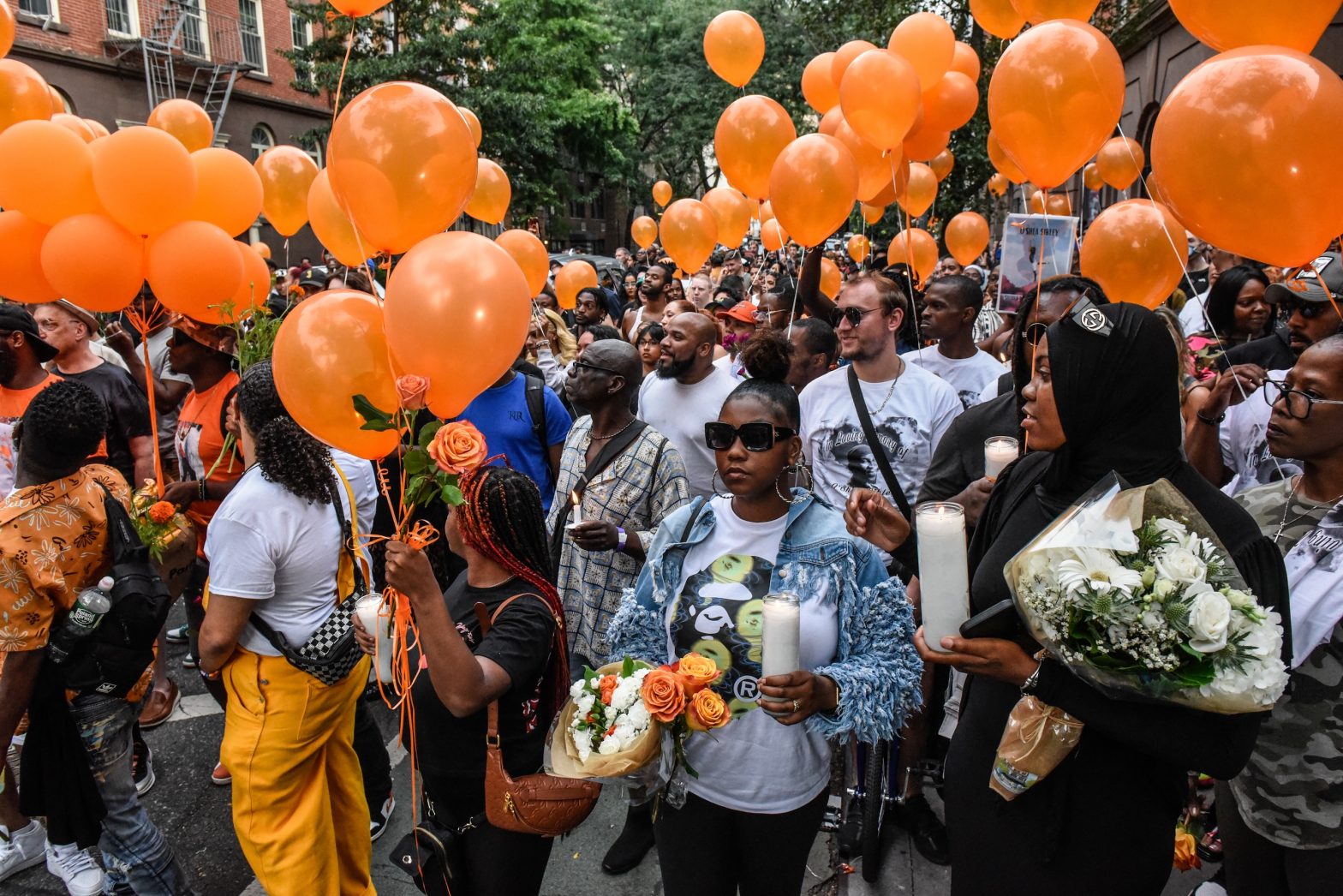
A SERIOUS national conversation is required to address the “deep-rooted sources of anti-black racism in the UK”, according to the latest Black British Voices Project data revealed to ITV News.
The groundbreaking study which surveyed over 11,000 black Britons on 16 topics, including Britishness, education, and the criminal justice system, emphasised the effects of systematic racism on respondents’ sense of belonging and possibilities in life.
There are grave worries about racism in the workplace and in school, says the report.
Just under half of black Britons are “definitely proud” or “somewhat proud” to be British.
Racial discrimination, according to 41 per cent of the black Britons polled, is the main obstacle to young black people’s educational accomplishment, Also the national curriculum, according to 95 per cent of respondents, ignores black lives and experience.
Less than two per cent of people think that schools seriously address racism.
Ten times as many respondents (41 per cent) believe that racial discrimination is “definitely” the “biggest barrier” to young black people’s academic success as do respondents (four per cent), who believe that this is “definitely not” the case.
“The sense that more black teachers focusing on black lives and histories would help is offset by a deep distrust in British educational institutions to serve the needs of black British children”, the report said.
The survey revealed that “much more needs to be done to overcome intolerably high levels of racial discrimination in too many sectors of today’s society”.
Dr Kenny Monrose, the lead researcher on the project at Cambridge University, said: “We are mindful that historically black communities have been wary of reports conducted on race, as they attempt to limit or invalidate the reality of their lived experiences. However, the carpet of data captured within this report reliably highlights the chronic level of racial disparities and unequal outcomes that they face daily.”
Over 9,800 people, or 94 per cent of the workforce, believe that they must sacrifice some aspect of who they are, to be successful at work.
Eighty-eight per cent of individuals said they had faced racial discrimination at work.
Some 98 per cent of respondents indicated they “always” (46 per cent), “often” (38 per cent), or “sometimes” (14 per cent) had “to compromise who they are and how they express themselves to fit in at work”.
For many of them, Englishness is a more challenging identification than Britishness; while a sizable majority (81 per cent) recognises themselves as British, almost one in six do not.
*The Black British Voices research project was launched in 2020 as a collaboration between the University of Cambridge, the Voice newspaper and the I-Cubed consultancy, during the Black Lives Matter protests.